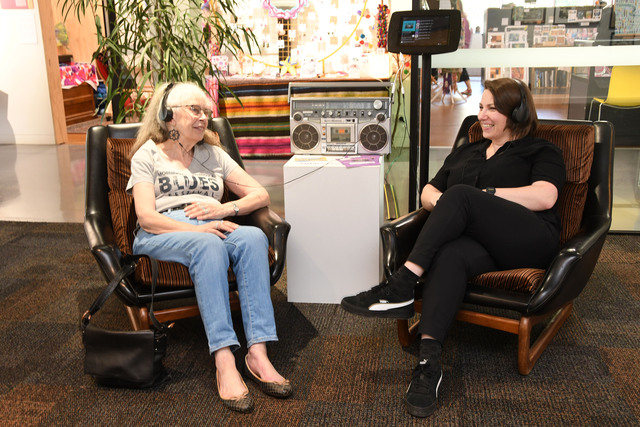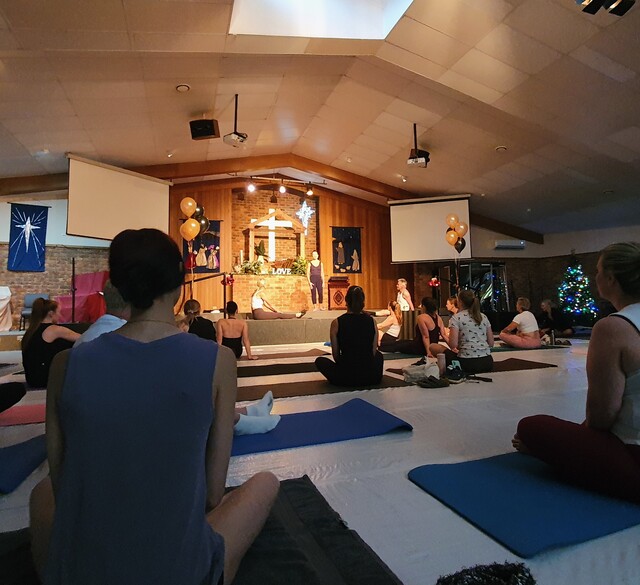By Kath Gannaway
SNUGGLING up, heater blazing in front of the television, or climbing into a toasty bed are just two of the things which make up for the shorter, sometimes dreary days of winter.
But for some the comforts of winter come at a price that is just too high.
Winter is, historically, the riskiest season for fires in the home.
RACV Insurance data for 2005 reveals an average of four house fires a day in Victoria.
RACV general manager Susan Allen is encouraging householders to take extra precautions, particularly in the kitchen where she said about one in three fires start.
“Cooking should never be left unattended as fire has the potential to spread quickly, often jumping to curtains and cupboards in a matter of seconds,” Ms Allen said.
Other causes of home fires included frayed cords on heaters and other appliances, and warming clothes over heaters or electric blankets that had been improperly stored.
CFA director of community safety, Naomi Brown, also urged Victorians to be vigilant.
“Complacency is the greatest risk when families begin reusing heaters from last year,” she said.
“It is particularly important that they remember to keep them at a safe distance.”
To help prevent or be prepared for a home fire, RACV Insurance and CFA recommends all households:
• Install smoke alarms and check they are working every week;
• Have an evacuation plan and ensure everyone in the home knows and practises it regularly;
• Ensure there are two ways out of every room;
• Check all cords on electrical appliances – if they are frayed or damaged in any way, do not use but replace or throw them away;
• Keep portable heaters, toasters and stove tops clear of curtains, clothes, bedding and tablecloths;
• Don’t deadlock the door when you are inside the house;
• When cooking, keep an eye on the stove at all times;
• Keep a fire extinguisher and fire blanket near the kitchen exit – do not keep these near the stove as you may not be able to reach it if a cooking fire breaks out;
• Keep flues and chimneys clean and a fire screen around open fires;
• Regularly clean the lint from clothes dryers;
• Do not overload power points;
• Unplug electrical appliances when away from home.
Warmed and warned
Digital Editions
-

Tips for smooth Christmas food shopping
’Tis the season for gathering with loved ones around a table full of food, but the art of food-shopping during the silly season can be…





